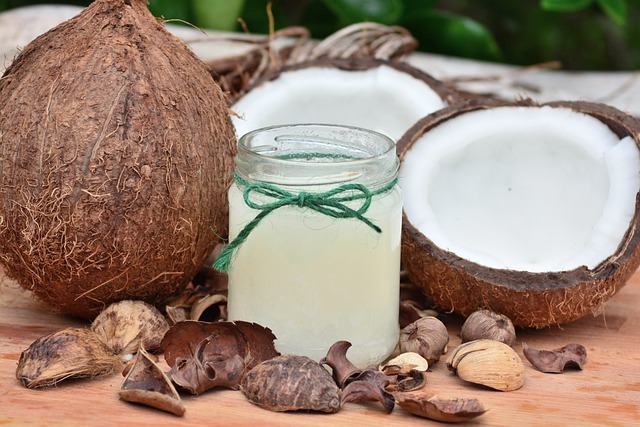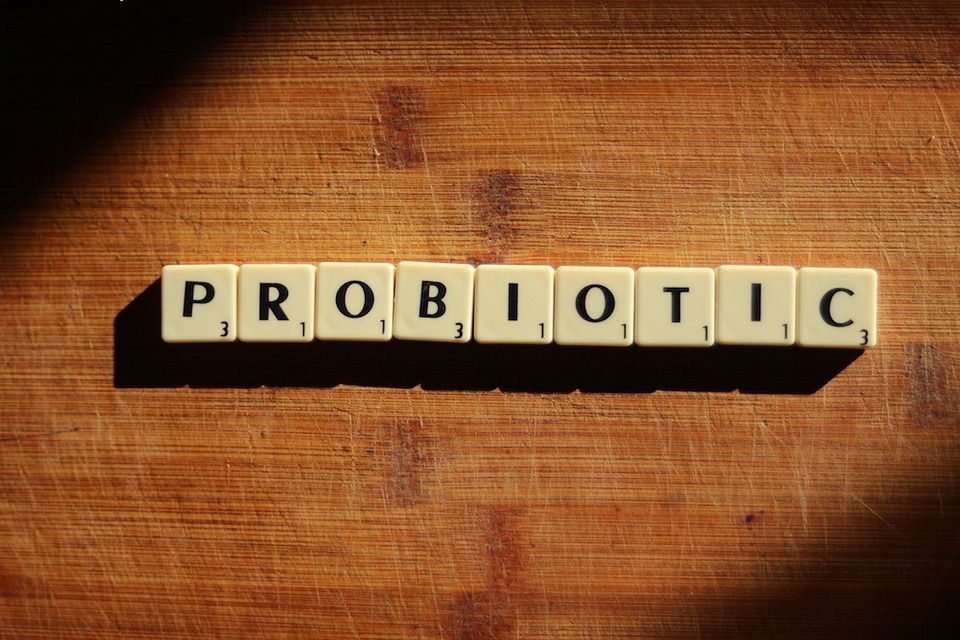Probiotics are live microorganisms that can provide numerous health benefits, including improved digestion and immune function. While probiotics are commonly associated with adult health, they may also be beneficial for children. In this guide, we’ll explore whether or not you should give your children probiotics, as well as the potential benefits and risks.
What are Probiotics?
Probiotics are live microorganisms that can provide health benefits when consumed in adequate amounts. They are commonly found in fermented foods, such as yogurt, kefir, and sauerkraut, as well as in supplement form. Probiotics are often referred to as “good bacteria” because they can help improve digestion, support immune function, and promote overall health and wellness.
Should You Give Your Children Probiotics?
While probiotics are generally safe for children, it’s important to talk to your child’s healthcare provider before starting them on a probiotic supplement. It’s also important to choose a probiotic supplement that is appropriate for your child’s age and health needs.
Benefits of Probiotics for Kids
Here are some of the potential benefits of probiotics for kids:
Improved Digestion
Probiotics can help improve digestion by promoting the growth of beneficial bacteria in the gut. This can help reduce the risk of digestive problems, such as constipation and diarrhea.
Stronger Immune System
Probiotics can also help support immune function by promoting the growth of beneficial bacteria in the gut. This can help reduce the risk of infections and illnesses, such as colds and flu.
Allergy Prevention
Probiotics may also help reduce the risk of allergies in children. Some studies have found that probiotics can help reduce the risk of eczema and other allergic conditions in infants and children.
Mental Health
Probiotics may also have benefits for mental health in children. Some studies have found that probiotics can help reduce symptoms of anxiety and depression in children.
Risks of Probiotics for Kids
While probiotics are generally safe for children, there are some potential risks to be aware of. These include:
Allergic Reactions
Some children may be allergic to the strains of bacteria in a particular probiotic supplement. If your child has any food allergies, make sure to check the ingredients list of the probiotic supplement before giving it to your child.
Upset Stomach
In some cases, probiotics can cause digestive problems, such as gas, bloating, and diarrhea. If your child experiences these symptoms after starting a probiotic supplement, talk to their healthcare provider.
Interference with Medications
Probiotics can interact with certain medications, such as antibiotics. If your child is taking any medications, talk to their healthcare provider before starting them on a probiotic supplement.
Choosing the Right Probiotic Supplement for Kids
When choosing a probiotic supplement for kids, there are several factors to consider. Here are some of the most important factors to keep in mind:
Strain Diversity
Different strains of probiotics have different health benefits. Look for a probiotic supplement that contains a variety of strains to ensure that your child is getting a range of health benefits.
CFUs
CFUs, or colony-forming units, indicate the number of viable bacteria in a probiotic supplement. Look for a supplement that contains an appropriate amount of CFUs for your child’s age and health needs.
Quality
Look for a probiotic supplement from a reputable manufacturer that uses high-quality ingredients and follows good manufacturing practices.
Delivery Method
Probiotic supplements come in many different forms, including capsules, tablets, and powders. Choose a delivery method that works best for your child and is easy to incorporate into their daily routine.
Allergens
If your child has any food allergies or sensitivities, make sure to check the ingredients list of the probiotic supplement to ensure that it does not contain any allergens.
Probiotic-Rich Foods for Kids
In addition to probiotic supplements, there are many probiotic-rich foods that can benefit kids’ health. Here are some of the best probiotic-rich foods for kids:
Yogurt
Yogurt is one of the most well-known probiotic foods. It is made from milk that has been fermented by live cultures of Lactobacillus bulgaricus and Streptococcus thermophilus. Some brands of yogurt also contain additional strains of probiotics, such as Bifidobacterium lactis and Lactobacillus acidophilus.
Kefir
Kefir is a fermented milk drink that is similar to yogurt. It is made by adding kefir grains, which contain a combination of bacteria and yeast, to milk. The fermentation process produces a tangy, slightly carbonated drink that is high in probiotics.
Sauerkraut
Sauerkraut is a fermented cabbage dish that is popular in Germany and other
parts of Europe. It is made by packing shredded cabbage into a jar and allowing it to ferment for several days.
Kimchi
Kimchi is a traditional Korean dish that is made from fermented vegetables, such as cabbage, radishes, and cucumbers. The fermentation process gives kimchi its tangy, spicy flavor and makes it high in probiotics.
Conclusion
Probiotics can be a beneficial addition to your child’s diet, as they can help improve digestion, support immune function, and promote overall health and wellness. However, it’s important to talk to your child’s healthcare provider before starting them on a probiotic supplement, and to choose a supplement that is appropriate for their age and health needs. Probiotic-rich foods can also be a great way to incorporate probiotics into your child’s diet. With the right probiotic supplement and diet, you can help support your child’s health and well-being.







